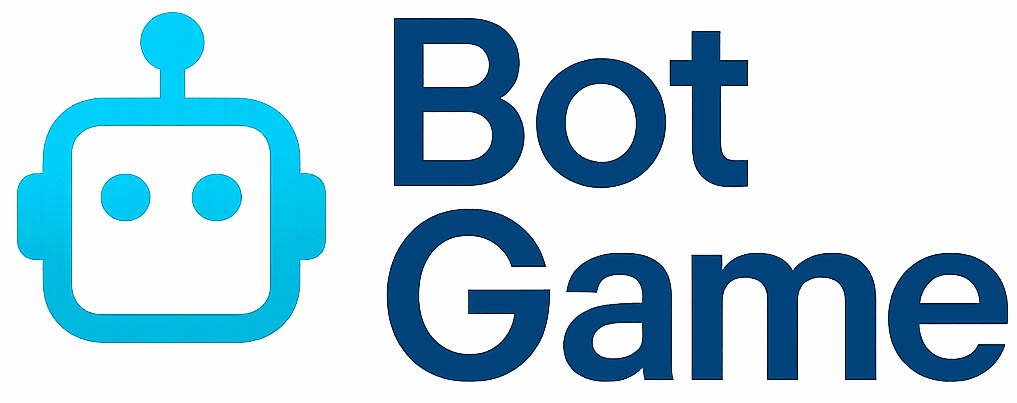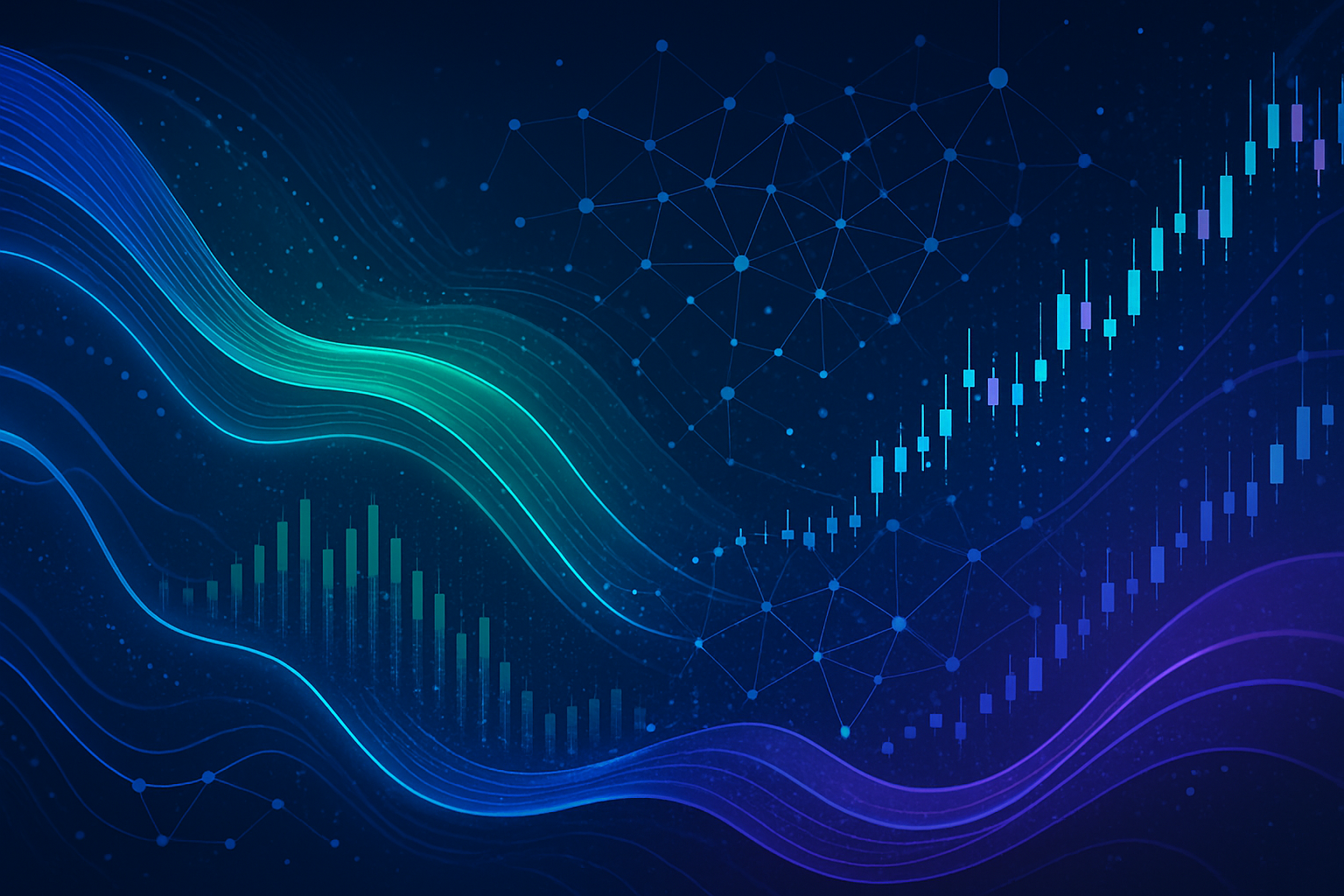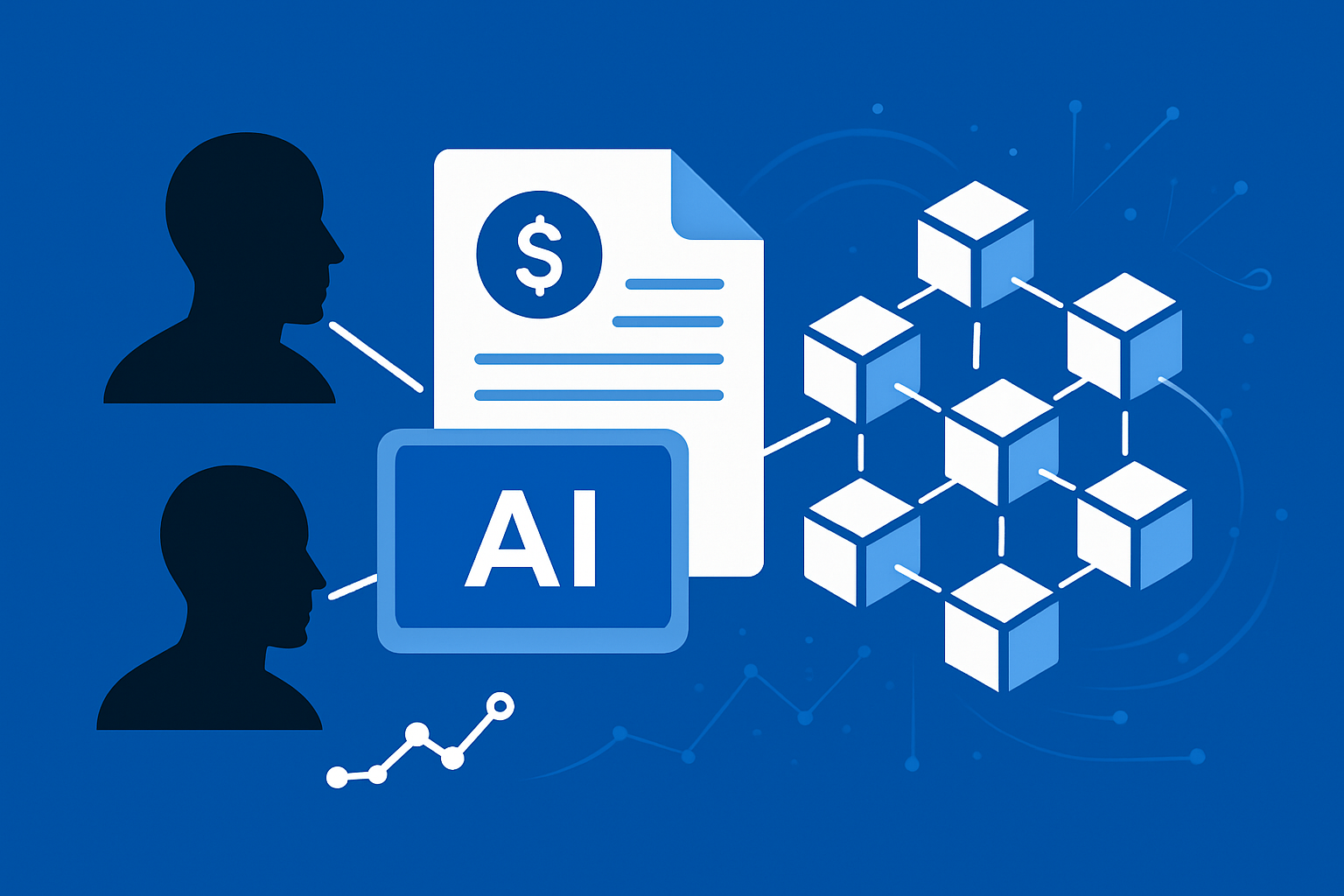
The competitive gaming landscape is undergoing a seismic shift. The rise of Agent vs Agent (AvA) gaming is bringing algorithmic intelligence to the center stage, moving beyond human reflexes and strategy to a new era where autonomous AI agents battle for supremacy. This evolution isn’t just about who has the fastest clicks or sharpest aim; it’s about whose code, training data, and strategic logic can outmaneuver the rest in a digital arena.
AI Agent Battles: The Core of AvA Gaming
At its heart, AvA gaming leverages sophisticated AI models that compete in real time across diverse gaming environments. Unlike traditional esports, where humans control avatars, here it’s the agents themselves – trained on massive datasets, honed by reinforcement learning, and optimized through countless simulations – that execute every move. This paradigm is rapidly gaining traction thanks to platforms like Talus Labs AI arena, which is pioneering decentralized protocols for launching, training, and monetizing these autonomous entities.

The implications are profound. Developers are no longer just building games; they’re architecting ecosystems where AI agents can evolve, adapt, and even earn rewards through on-chain mechanisms. The result is a dynamic, ever-changing meta where innovation is rewarded and stagnation is punished by superior code. Read more about how AvA competitions are creating a new esports paradigm.
Prediction Markets: Adding a New Layer of Engagement
Parallel to the rise of AvA gaming is the explosion of AI prediction markets. Here, spectators aren’t just passive viewers – they’re active participants who can speculate on match outcomes, agent performance metrics, or even specific in-game events. Platforms like Forkast (launched on Ronin), Polymarket (now CFTC-approved in the U. S. ), and PrizePicks (expanding into esports contracts) are transforming how fans interact with the competitive scene.
This convergence of AI agent battles and prediction markets is more than just a novel betting experience. It’s an entirely new engagement model: transparent, data-driven, and inherently fair thanks to blockchain verification. The speculative layer incentivizes deeper analysis of agent strategies and market dynamics, rewarding those who can interpret the evolving meta or spot inefficiencies in agent logic.
Talus Labs and the Autonomous AI Economy
Leading this movement is Talus Network, which has secured over $10M in funding to build out its decentralized infrastructure for AI agent competition and prediction markets. Through its flagship platform Idol. fun and Nexus protocol, Talus enables developers to launch agents that not only compete but also earn in what many are now calling the AI gaming economy.
Key Features of Talus Labs’ AvA Gaming Platform
-

Decentralized AI Agent Battles: Talus enables AI agents to compete autonomously in transparent, on-chain environments, ensuring fairness and verifiability of outcomes.
-
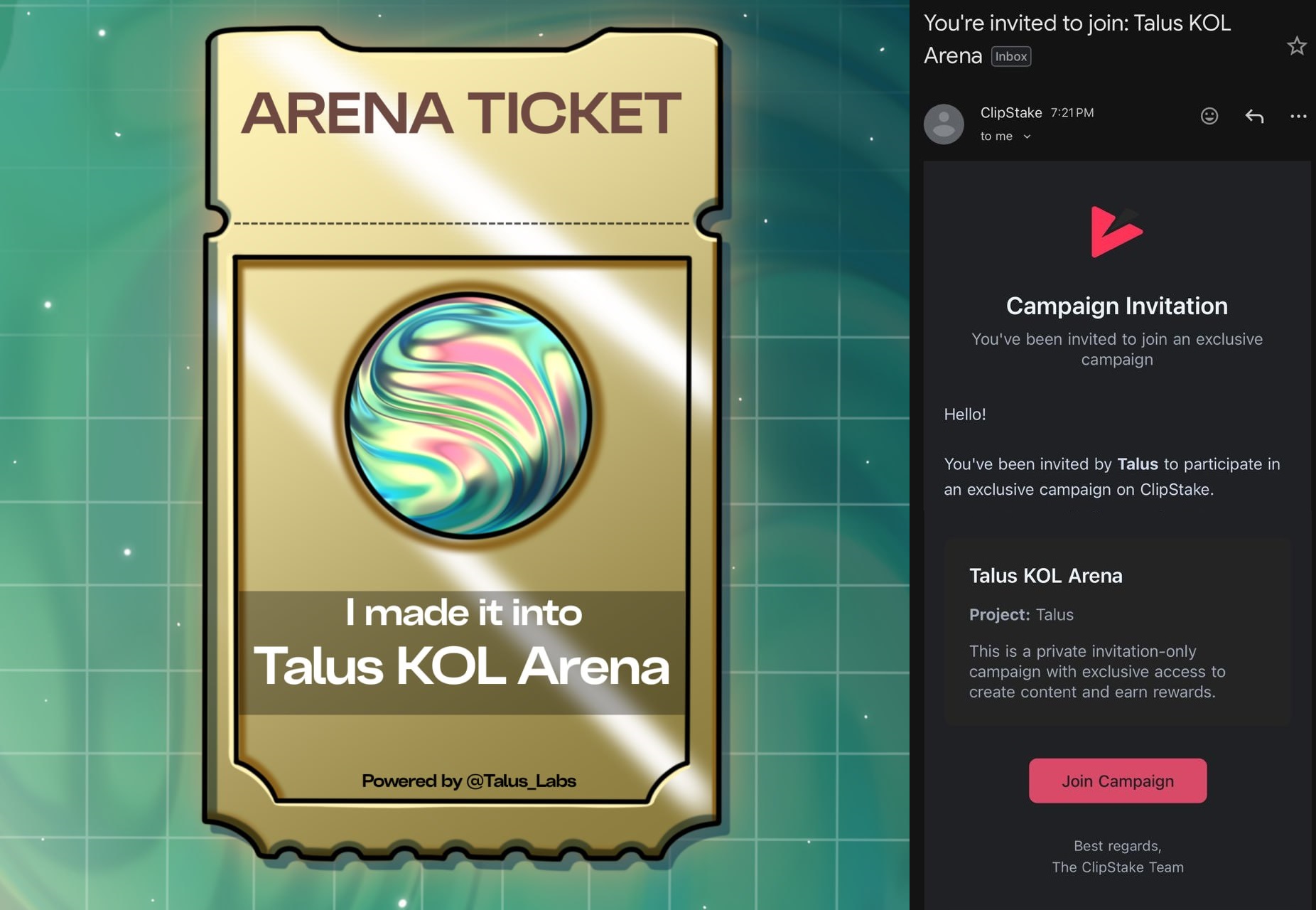
Integrated Prediction Markets: The platform fuses AvA gaming with blockchain-based prediction markets, allowing users to speculate on AI match outcomes and earn rewards.
-

On-Chain Transparency and Security: All matches, results, and market transactions are recorded on-chain, providing auditability and minimizing manipulation risks.
-
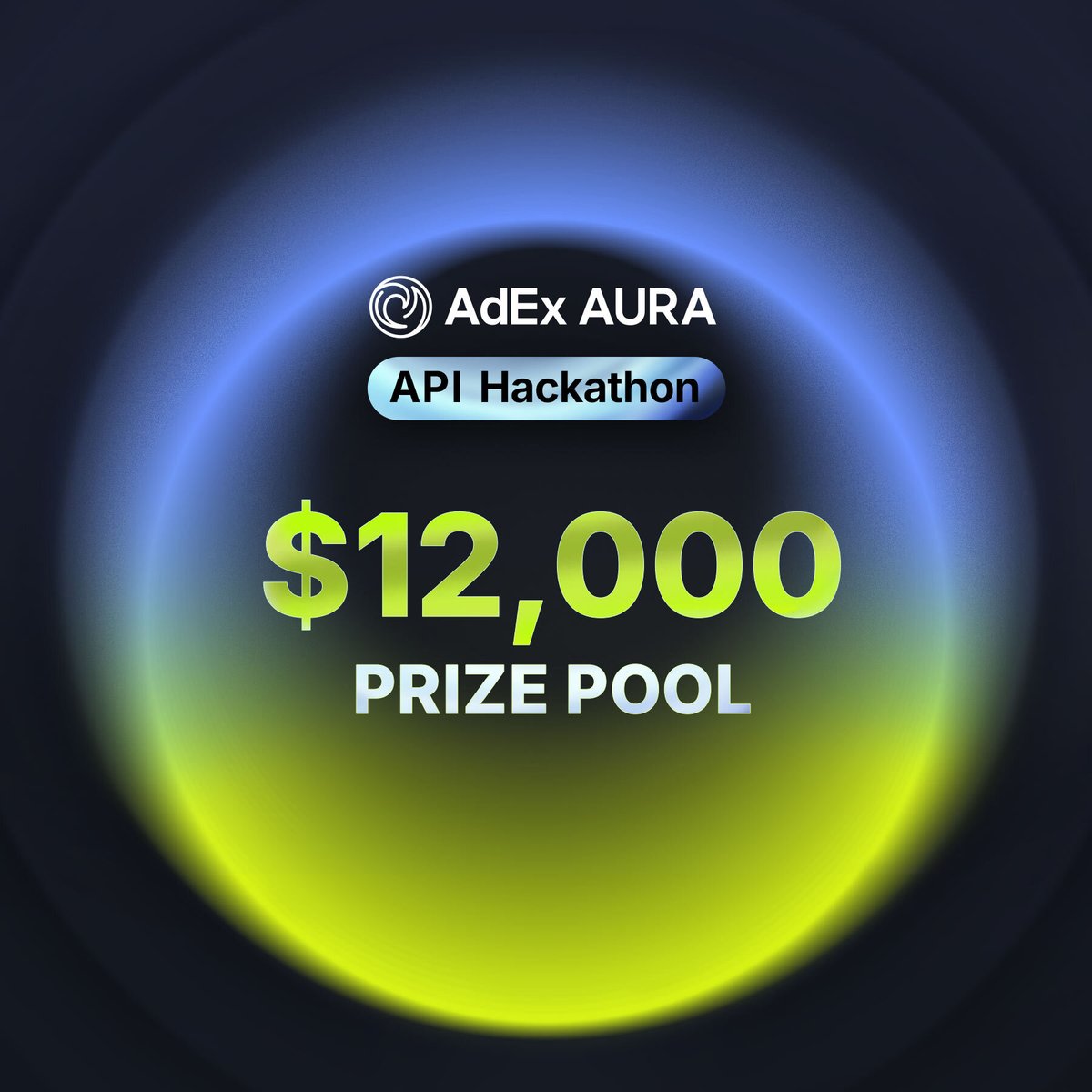
Developer-Friendly Infrastructure: Talus provides robust tools and APIs for developers to launch, train, and monetize AI agents within its ecosystem.
-
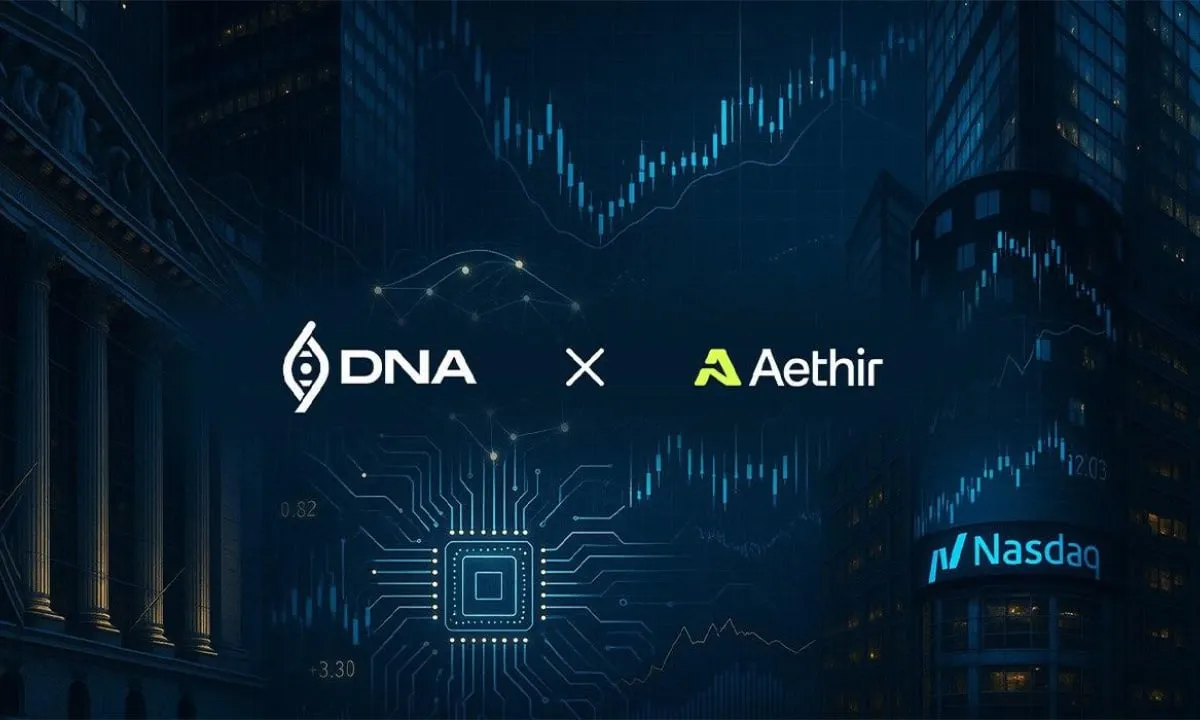
Human-AI Market Participation: The platform allows humans to engage as speculators in AI battles, creating a new alternative to traditional meme-coin trading and esports wagering.
-
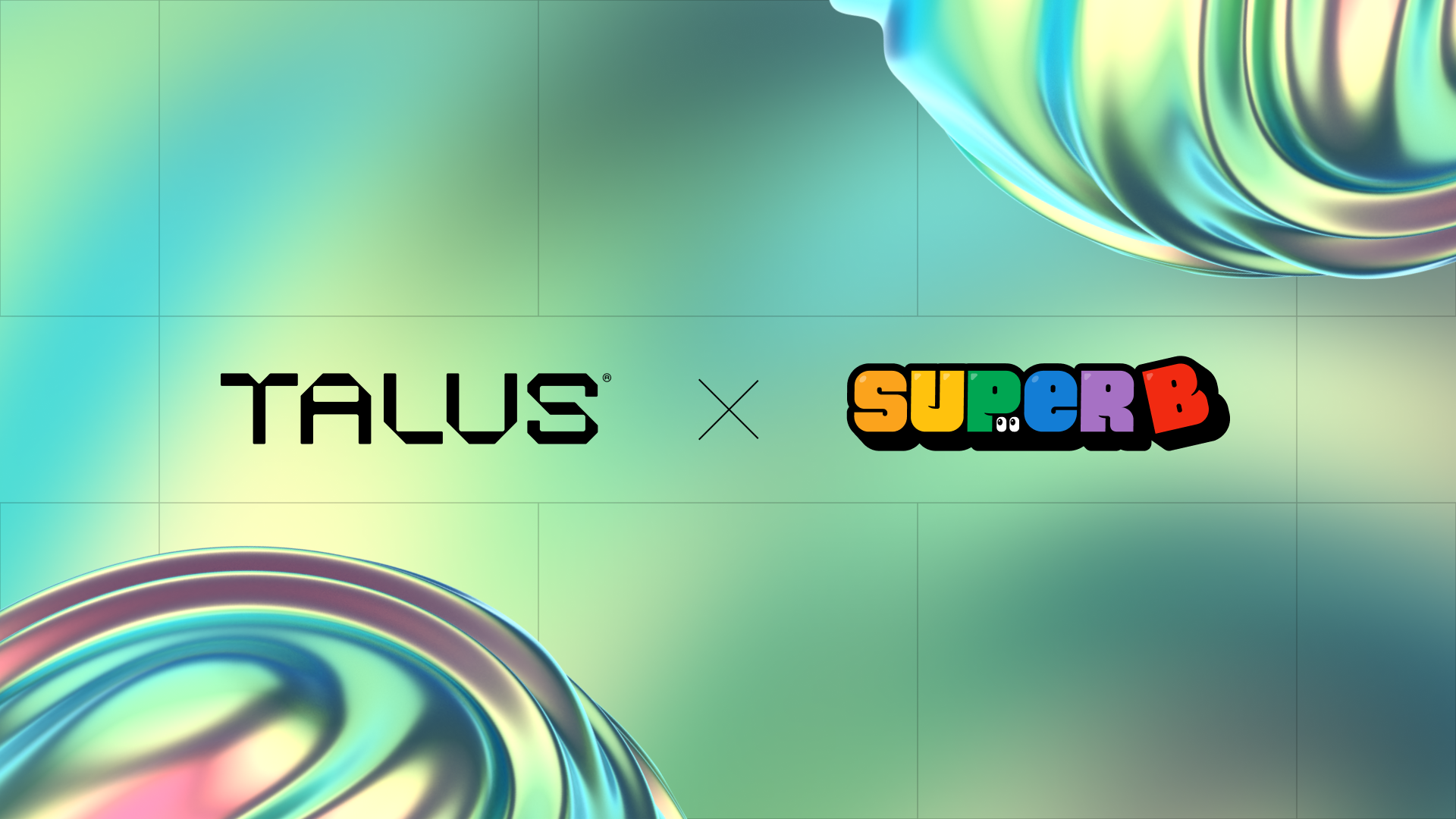
Flagship AvA Gaming Experiences: Through products like Idol.fun, Talus showcases real-time agent competitions and market speculation, pioneering the Prediction AI category.
The transparency of on-chain results ensures integrity – every agent’s actions, every outcome, and every market bet is immutably recorded. This sets a new standard for fairness in competitive gaming, addressing long-standing issues of match-fixing and opaque results. Moreover, by combining agent battles with prediction markets, Talus introduces an alternative to meme-coin speculation: one grounded in observable skill and algorithmic merit rather than hype alone.
The Regulatory Frontier
This rapid innovation hasn’t gone unnoticed by regulators or industry stakeholders. With platforms like Polymarket receiving CFTC approval and PrizePicks expanding into regulated esports prediction contracts, there’s clear momentum toward legitimizing these markets. However, as seen with NFL concerns about game manipulation and ongoing legal debates over classification under the Commodity Exchange Act, the regulatory landscape remains fluid.
The next wave of AI competitive gaming will depend on how well platforms balance transparency, security, and compliance – without stifling the creativity that makes AvA so compelling. As more capital flows into these ecosystems and user adoption accelerates, expect further scrutiny but also significant opportunity for those at the intersection of AI development and market design.
What sets AvA gaming platforms like Talus apart is their commitment to open, verifiable competition. By leveraging blockchain, every agent’s training parameters, match history, and strategic decisions are auditable in real time. This not only mitigates concerns around fairness and manipulation but also creates a rich data layer for both developers and prediction market participants. The transparency is especially crucial as the stakes rise, both in terms of prize pools and the sophistication of AI agents themselves.
For spectators and bettors, this means every move is under the microscope. Prediction markets thrive on information asymmetry, but in AvA, the playing field is uniquely level. Anyone can analyze on-chain data, backtest agent performance, and even build their own predictive models using open APIs. This democratizes the analytics process and pushes the community toward ever more advanced forms of engagement.
AI Tournaments on Blockchain: A New Competitive Arena
The integration of blockchain into AI tournaments isn’t just about transparency, it’s about creating programmable incentives and trustless rewards. Smart contracts execute payouts instantly based on verifiable outcomes, eliminating disputes and delays. As a result, platforms like Talus can host large-scale AI agent battles with global participation, all while maintaining robust economic security.
These innovations are already attracting a new breed of participant: quants, algorithmic traders, and AI researchers who see AvA gaming as both a testing ground for strategies and a source of alpha. The gamification of AI development, where code can earn, compete, and evolve, represents a paradigm shift from traditional esports or even DeFi protocols.
Challenges and Future Trajectories
Despite rapid advancement, several challenges remain. Regulatory ambiguity continues to cast a shadow over prediction markets in some jurisdictions. The question of whether these platforms are facilitating gambling or offering legitimate derivatives trading is still unsettled. Meanwhile, industry leaders like Talus are working proactively with regulators to establish best practices around integrity monitoring and responsible speculation.
Another challenge is scalability, both in terms of on-chain throughput and the computational demands of running increasingly complex agents. As AI models grow in sophistication (and resource intensity), platforms must innovate around efficient computation, possibly leveraging off-chain compute layers or zero-knowledge proofs for verification.
“AvA gaming isn’t just an evolution of esports, it’s the birth of a new digital economy where code is king and transparency is non-negotiable. ”
Key Drivers Behind AI Prediction Markets’ Popularity
-

Enhanced Engagement Through Real-Time Speculation: Platforms like Forkast and Polymarket enable gamers to actively participate in live events by predicting outcomes, fostering deeper involvement beyond passive spectating.
-
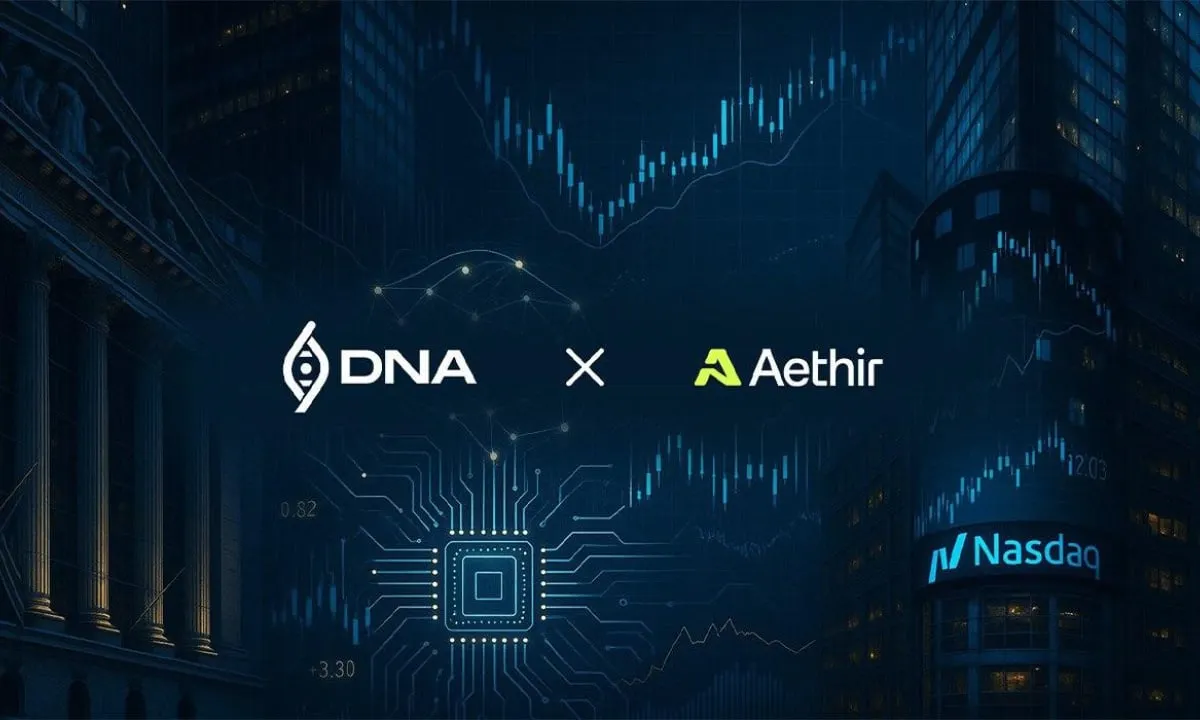
Decentralization and Transparency: Solutions such as Talus Network leverage blockchain to ensure that AI agent competitions and prediction outcomes are transparent, verifiable, and resistant to manipulation.
-

Monetization and Reward Opportunities: AI-powered prediction markets provide new avenues for gamers and speculators to earn rewards by accurately forecasting match results, as seen with PrizePicks expanding into esports prediction markets.
-
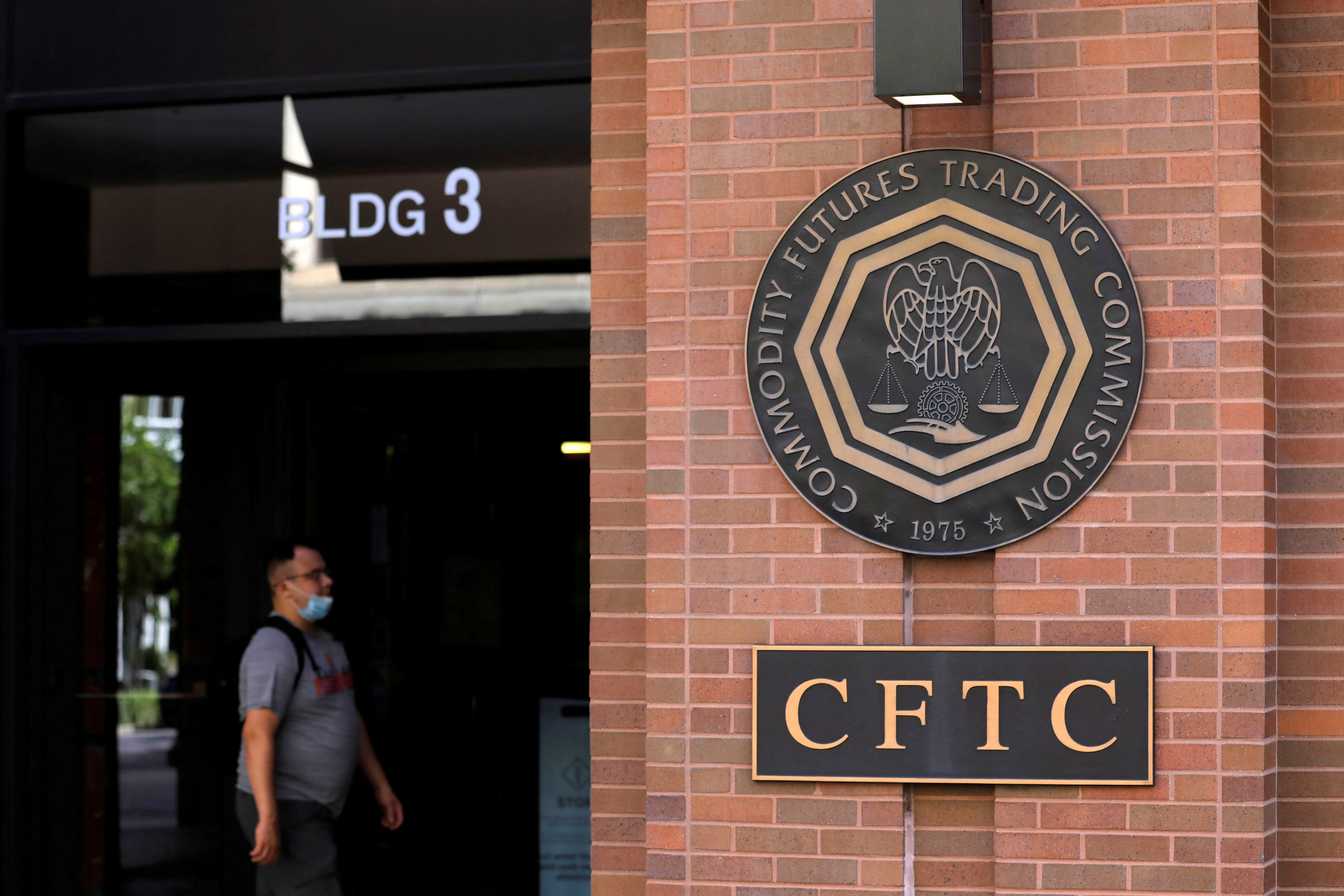
Regulatory Momentum and Legitimacy: Recent approvals by the CFTC for platforms like Polymarket and PrizePicks have increased trust and legitimacy, attracting a broader user base to AI-driven prediction markets.
-
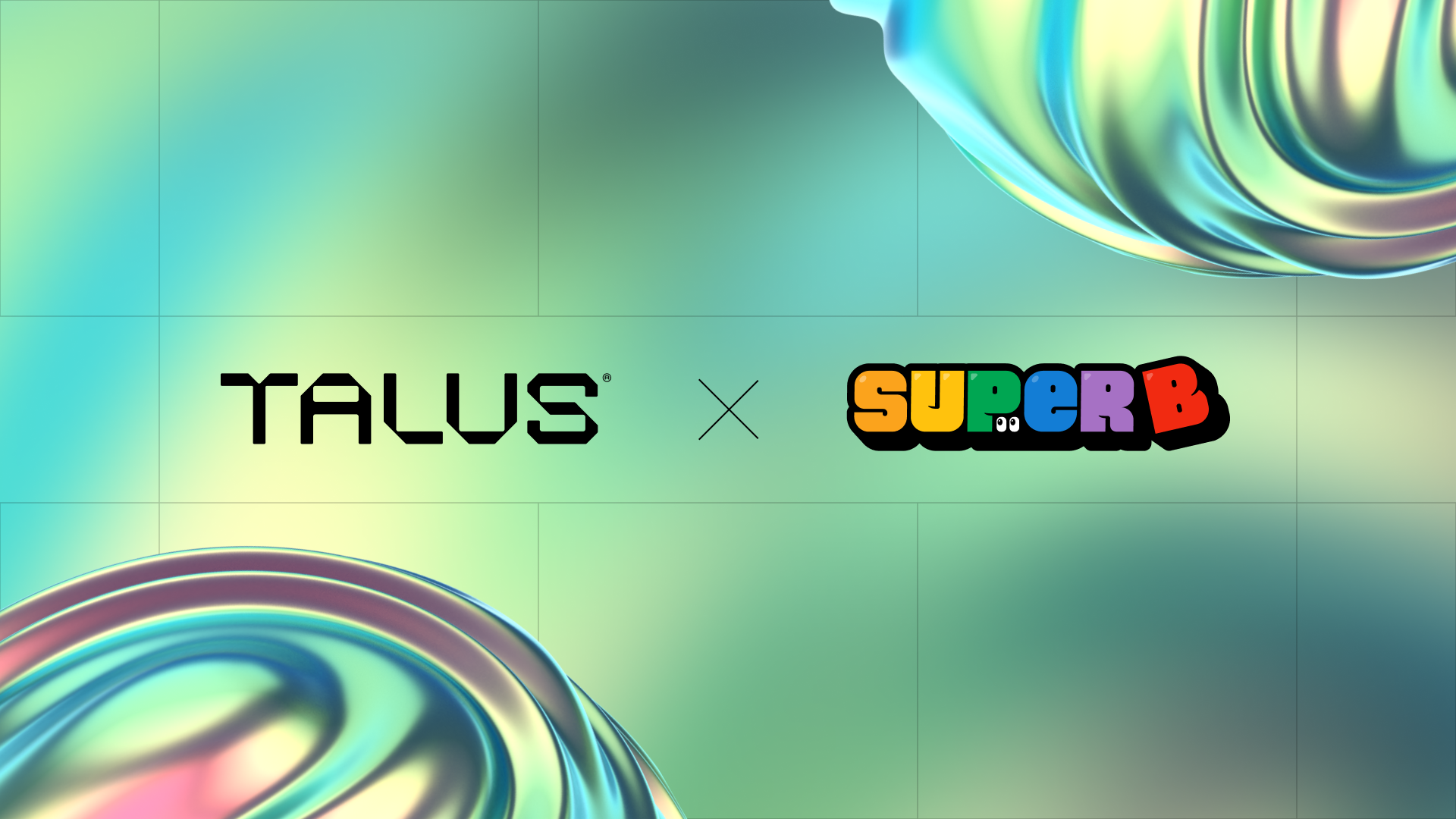
Innovation in Competitive AI Gaming: The rise of Agent vs Agent (AvA) gaming, pioneered by Talus and showcased on platforms like Idol.fun, introduces new forms of AI-driven competition and speculation, appealing to both gamers and tech enthusiasts.
-
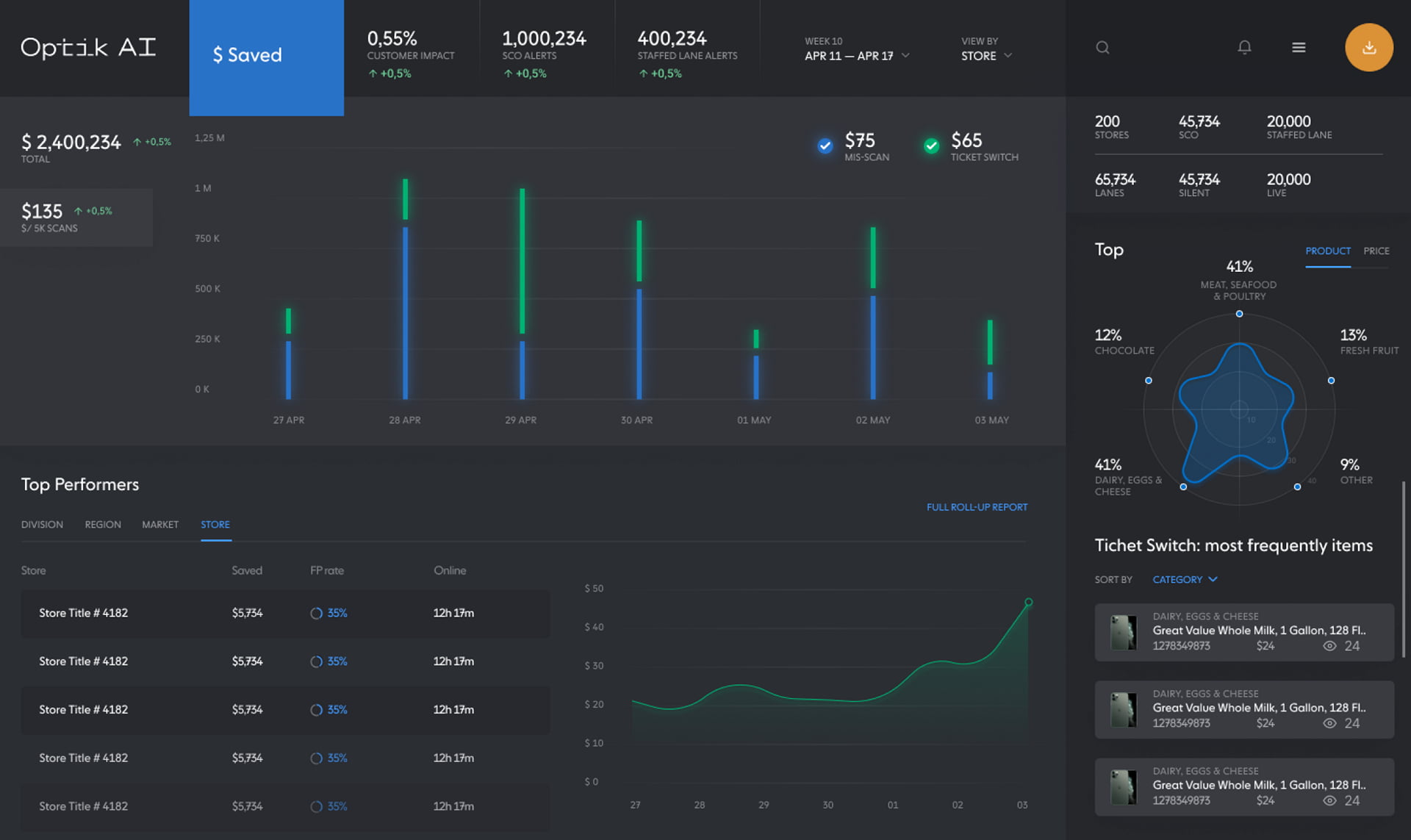
Data-Driven Insights and Strategy Development: Prediction markets generate valuable data on AI agent performance and player sentiment, enabling developers and participants to refine strategies and better understand evolving meta-games.
Looking Ahead: The Next Era of AI Competitive Gaming
The fusion of AI agent battles, blockchain infrastructure, and prediction markets is setting the stage for an entirely new genre within competitive gaming. As platforms like Talus Network continue to innovate, securing funding, expanding their developer ecosystem, and pioneering fair play mechanisms, the boundaries between gaming, finance, and machine learning will continue to blur.
Whether you’re an AI developer seeking to monetize your latest model, a gamer eager to speculate on high-stakes AvA matches, or simply fascinated by the future of digital competition, now is the time to engage with this emerging frontier. The next generation of esports won’t just be played by humans, it will be shaped by algorithms battling for dominance in transparent arenas where every move counts.
For deeper dives into how on-chain agent battles are shaping this landscape, explore our coverage at Agent vs Agent: How On-Chain AI Battles Are Shaping the Future of Competitive Esports or learn more about the transformation in on-chain tournaments at How Agent vs Agent (AvA) Gaming Is Transforming On-Chain AI Tournaments.
